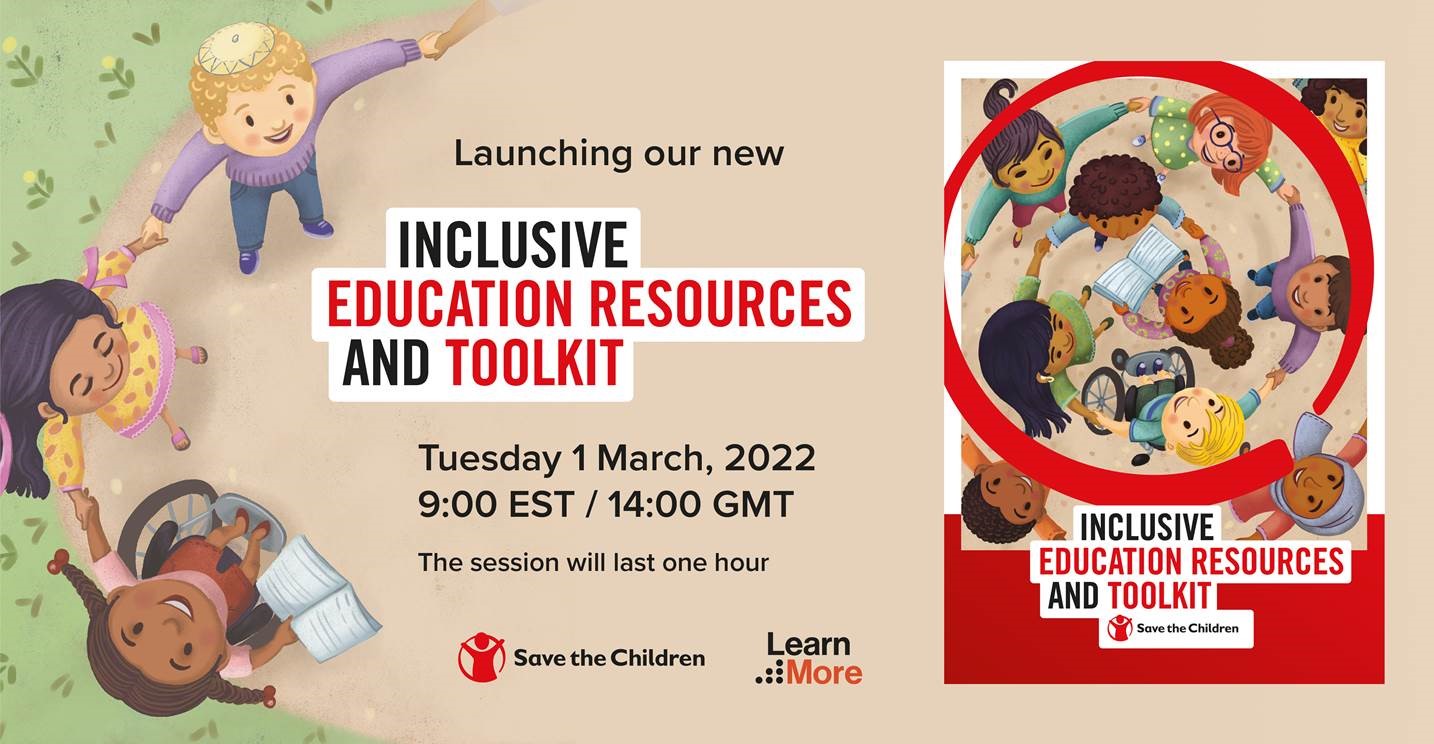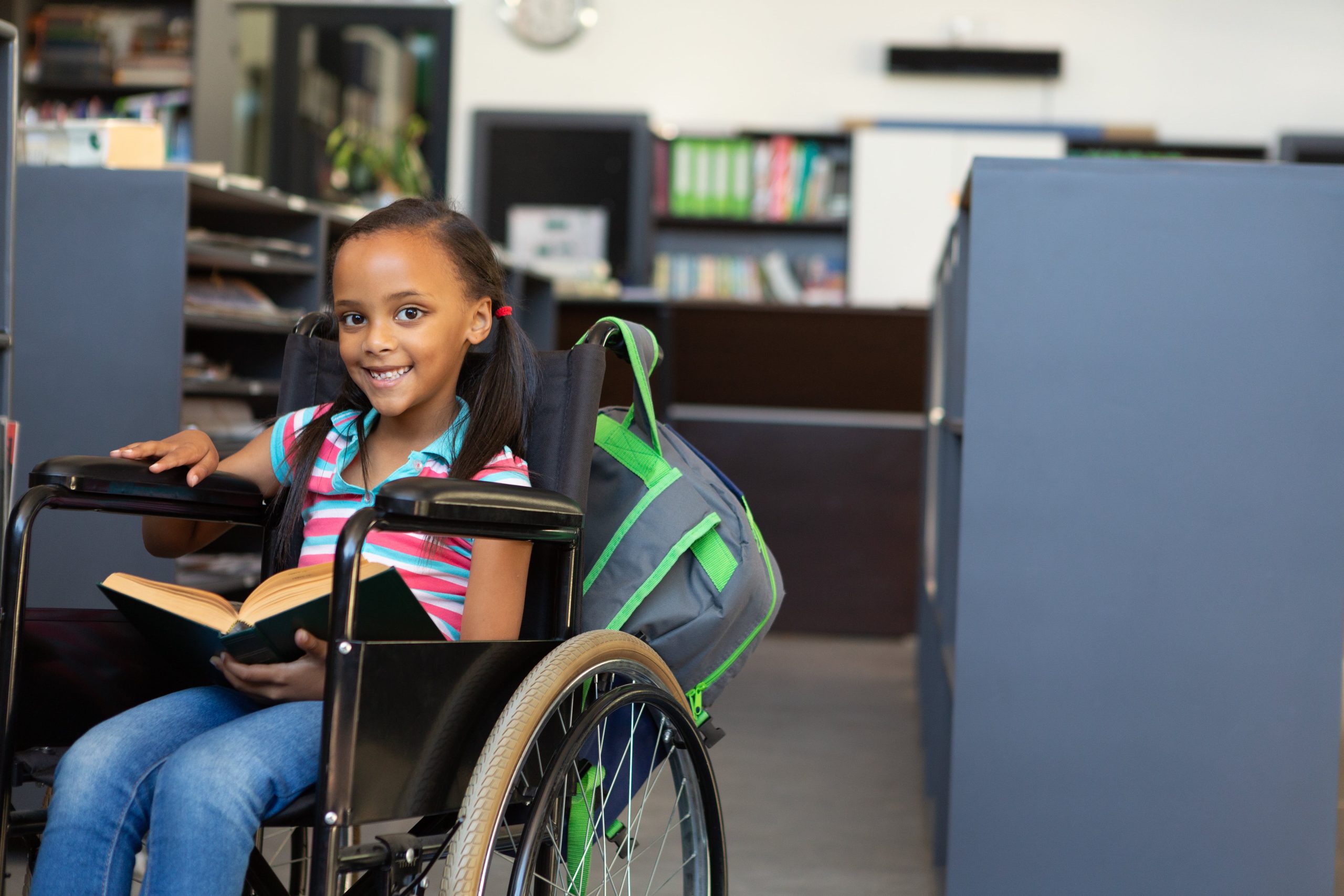Striking the balance between universal and context-specific inclusive pedagogy
Classrooms are more diverse than ever with the focus on mainstreamed education illustrating the obligation of education to address all children’s learning needs. The pandemic has put even more pressure on systems to provide tailored learning solutions for children who have different accessibilities, abilities, and backgrounds. This renewed focus on inclusive education presents a major challenge to policy and programming as no one-size-fits-all method will support all children to learn well. Innovative approaches that empower all actors in the education environment and reflect cultural, social, and familial norms are required. Identification of replicable methods, activities, and policies for inclusive schools and classrooms is more important now than ever and educators globally are taking notice.
In fall 2020 the IKEA Foundation endowed Save the Children Sweden and Save the Children Italy with funding to analyse inclusive education practices across five continents. Save the Children then commissioned Learn More to carry out a review of the organization’s inclusion efforts and craft a toolkit that incorporated global good practices and innovative approaches from 200 resources either already used by Save and its partners or developed from scratch by our team.
The toolkit is available to all education practitioners here.
It was presented at a Save the Children webinar on March 1st, 2022, with over 1,000 registered attendees from donor and implementing partner organisations globally.

The main challenge in our work was to identify tools that were universal in scope while remaining sensitive to local needs. Our solution was to embed contextualisation guidance as part within each tool and encouraging users to make their own informed decisions on when to use them. We also designed a process for users to share lessons on their use with one another.
Based on this input, the toolkit has been conceived as a living document, which will continue to be improved and updated. Its success rests on the dynamic community of practice of Save the Children staff who will continue to discuss and improve its methods. The approaches we have identified in countries ranging from Albania to China will now be tested by educators thousands of kilometres away, with their experiences feeding back into the toolkit.
Such an ambitious knowledge management exercise is only possible thanks to sound Monitoring, Evaluation, Accountability and Learning (MEAL) systems. Even when distributed heterogeneously across a decentralized network such as Save the Children, MEAL systems can act as an infrastructure for the sharing of best practices, simplifying knowledge management exercises like the toolkit.
Learn More will continue to act as a bridge between educational innovators internationally to enable transformative change in learning systems. Our own inclusive education teacher training offering, available in fall 2022, is based on a global analysis of best practices, vetted and adapted by a community of practice of local teachers.
About the toolkit
The Inclusive Education Resources and Toolkit is a resource and reference for educators, communities, policymakers and others to mainstream inclusion in their work. The Toolkit provides recommendations and resources to strengthen inclusive education programming to enable practitioners to achieve greater successes in the provision of high-quality ECCD and basic education as promoted by Save the Children’s Quality Learning Framework, also in emergency and humanitarian context. The toolkit is based on a comprehensive analysis of key gaps in existing guidance shared by practitioners globally as well as a review of international standards and resources in the field and innovative and adaptive models of inclusive education programming already in use by Save the Children and other organizations (INEE, Plan International, UNESCO, USAID, and others). This work was carried out by a Learn More team composed of Lynn Losert, Alice Pelosi, Silvia Crespi, Silvia Pontoglio, and Lorenzo Newman.

